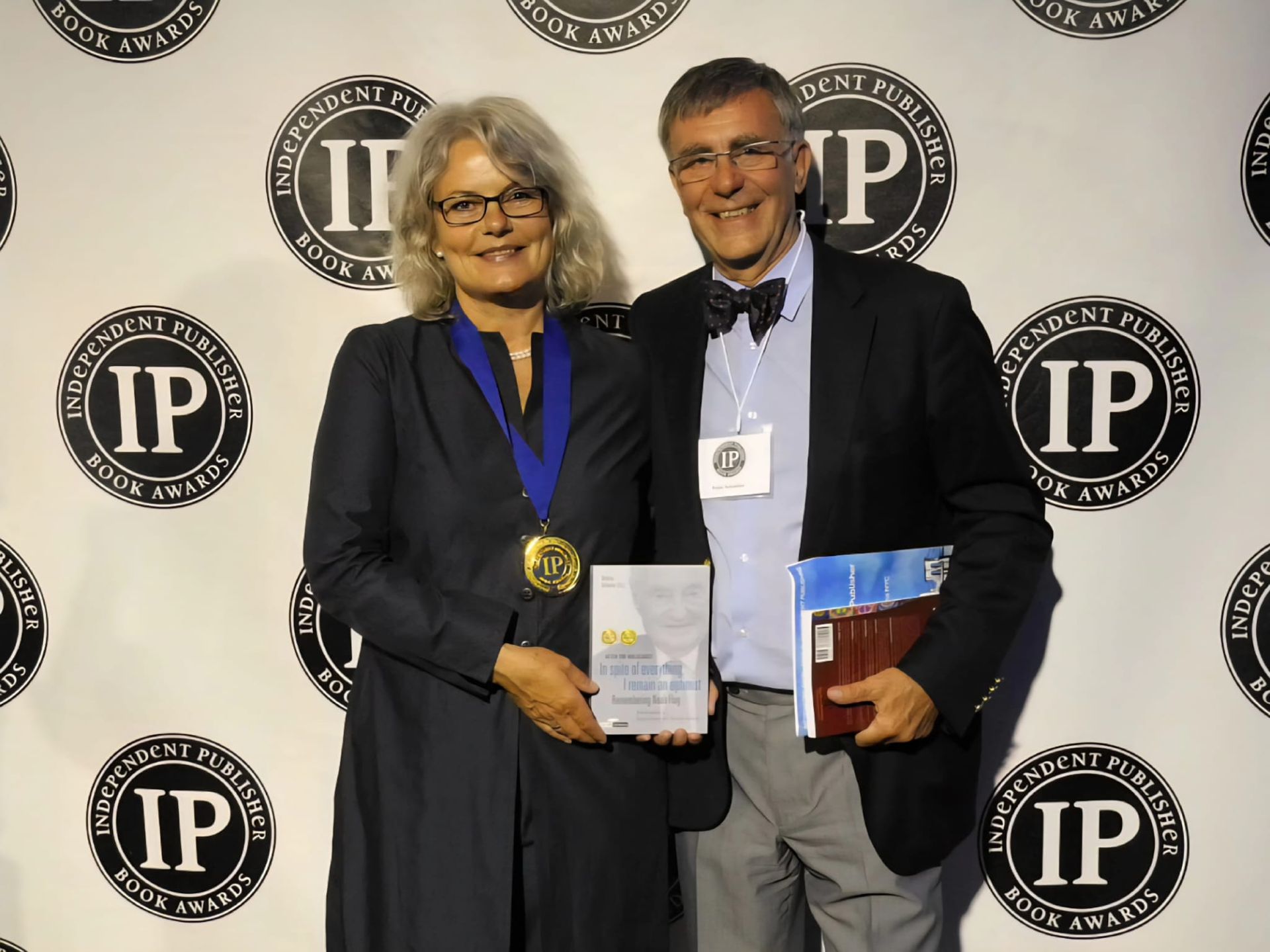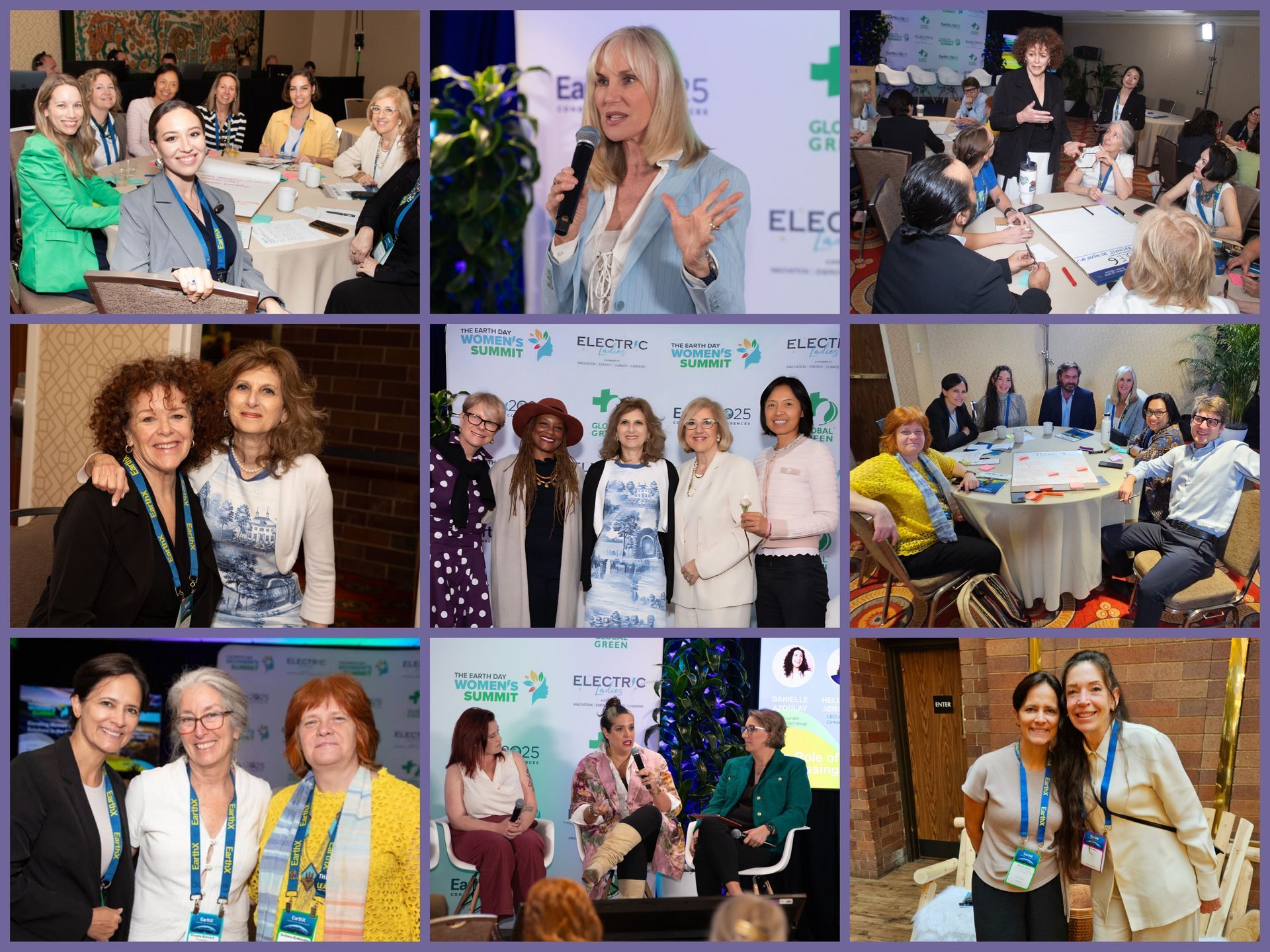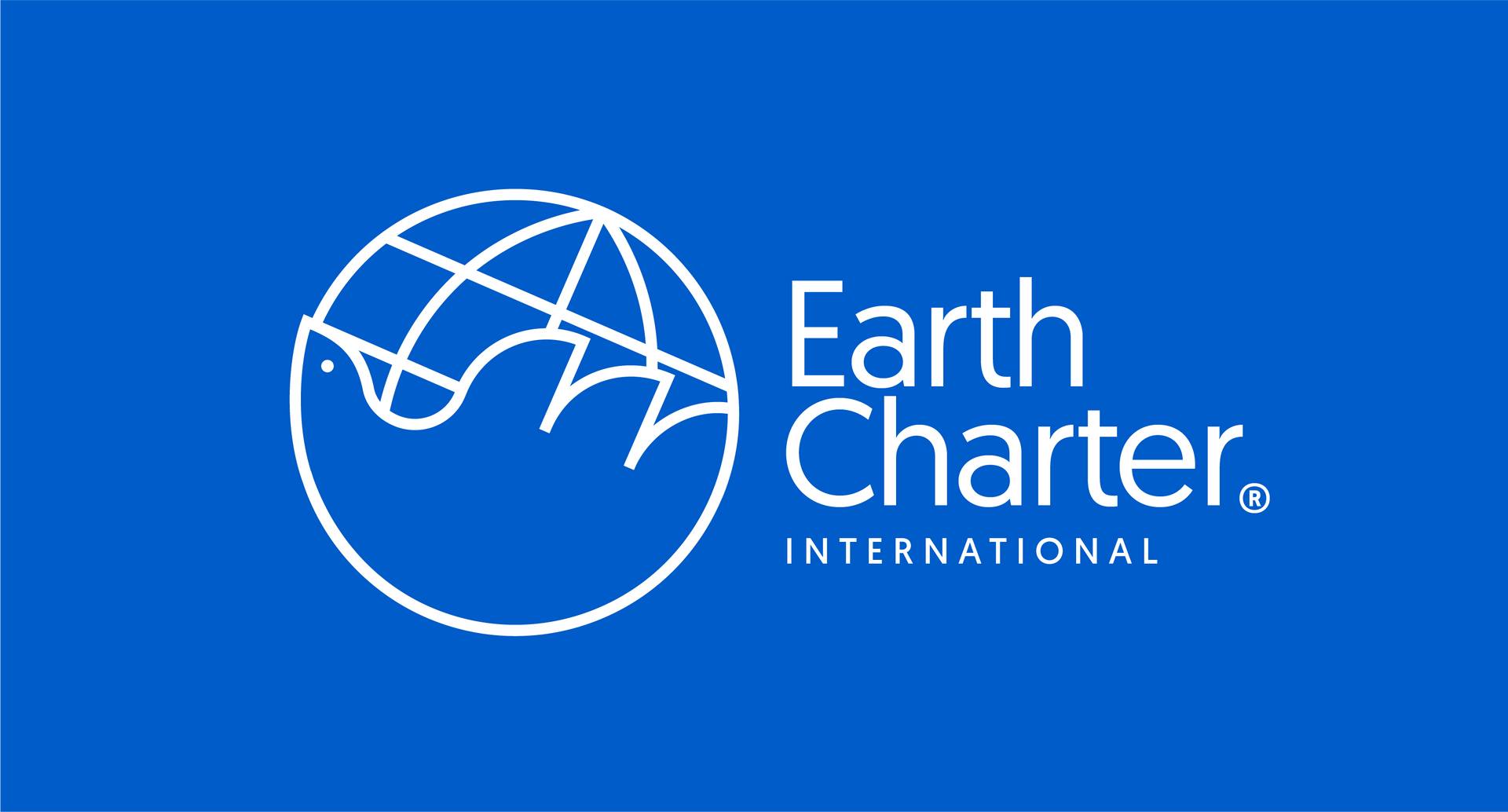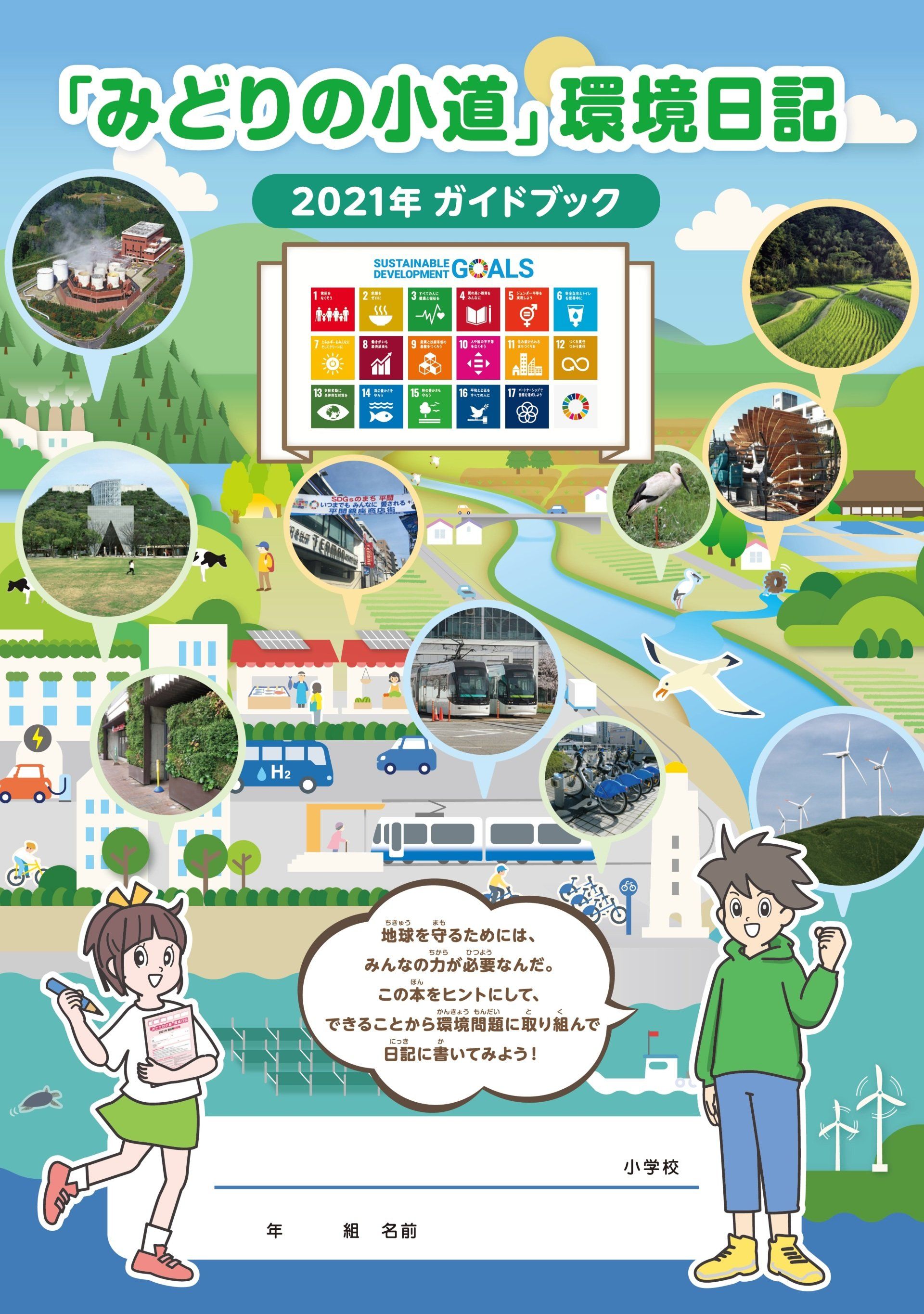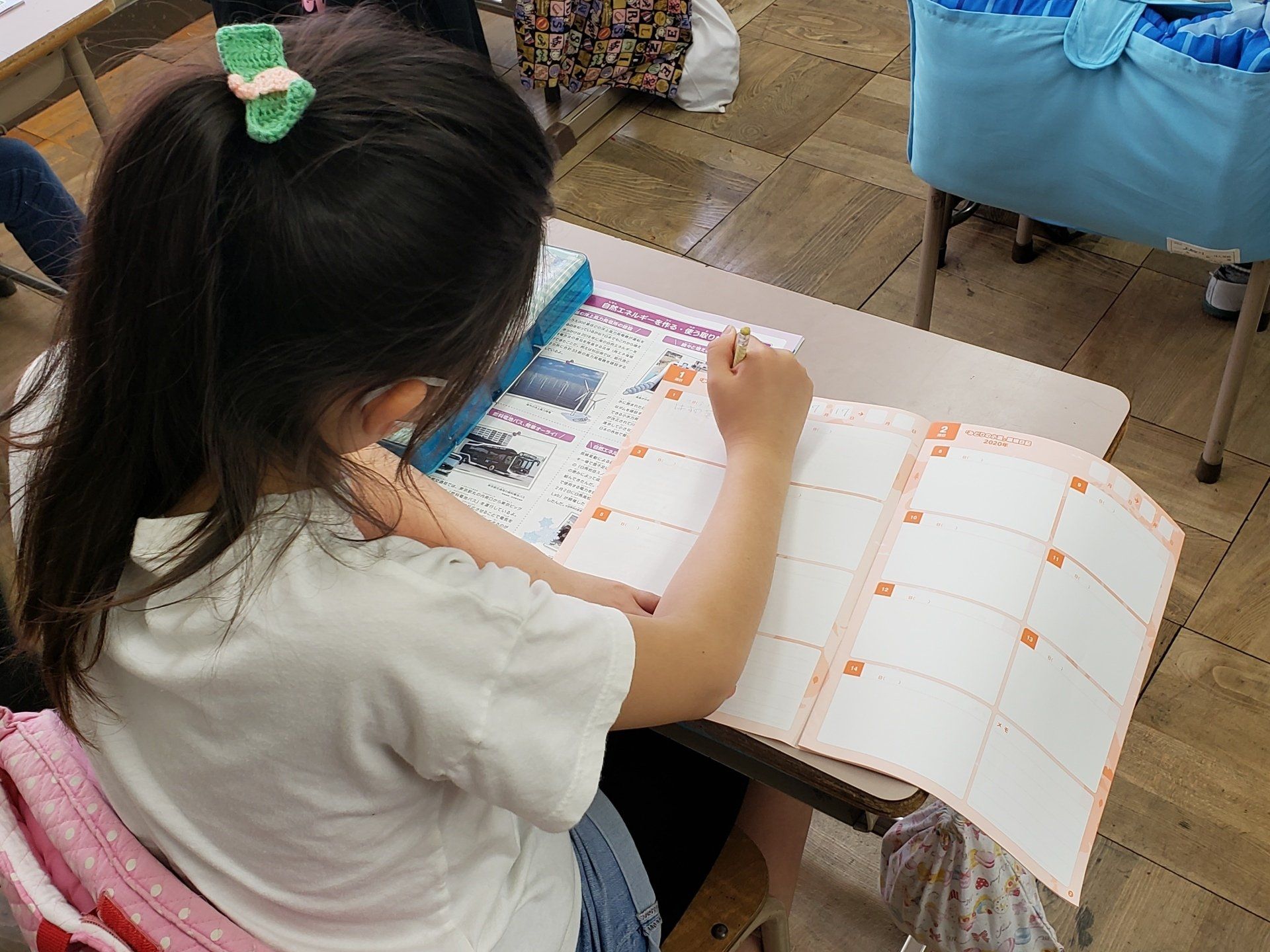Green Cross Condemns Chemical Attacks in Syria, Calls for On-Site Inspections and Evidence Gathering
GCI Office • April 7, 2017
Green Cross Condemns Chemical Attacks in Syria, Calls for On-Site Inspections and Evidence Gathering

Green Cross International condemns this inhumane and illegal attack, along with all prior attacks with chemical agents in Syria, and calls for an immediate halt to any such use of chemicals in warfare, as banned by the 1993 Chemical Weapons Convention (CWC).
Dr. Paul Walker, international director of Environmental Security and Sustainability at Green Cross International, has stated: “This latest attack, one of many such attacks with chemical agents in Syria since late 2012, is a clear violation of the Chemical Weapons Convention and has already been widely condemned by many States Parties of the Organization for the Prohibition of Chemical Weapons (OPCW) in The Hague. We need to quickly identify the perpetrators and hold them accountable as war criminals in order to finally put a stop to the ongoing use of these inhumane, indiscriminate, and illegal weapons.”
While the Syrian government has denied any attack in the Idlib Province this week against rebel forces, witnesses have described the attack as taking place from aircraft and helicopters and victims exhibit the symptoms of nerve agents. The last major attack with nerve agents in Syria took place in August, 2013, when the Syrian air force attacked the Damascus eastern suburb of Ghouta, killing over 1,400 people, primarily innocent civilians, with sarin nerve agent.
The OPCW’s Fact-Finding Mission (FFM) of on-site inspectors, along with the United Nations’ Joint Investigate Mechanism (JIM), have verified three chemical attacks with chlorine by the Syrian military in 2014 and 2015, and should be on-site in the Idlib Province this week to investigate these reports, collect forensic evidence, interview witnesses and surviving victims, and maintain control of samples for subsequent laboratory testing.
The Syrian Arab Republic, which joined the CWC in September 2013 under pressure from the United States, Russia, and other countries, declared a total chemical weapons stockpile of 1,308 tonnes. These weapons were removed from Syria, under OPCW inspectors’ auspices, by mid-2014 and permanently destroyed (on board the US ship, Cape Ray, and in four countries – the US, Germany, Finland, and the UK) by the end of 2015. If further investigation indicates that this attack was indeed by Syrian military forces, it will mark yet another violation by Syria of its obligations under the CWC and no doubt catalyze further condemnation by the world and possible other consequences.
Read the latest statements from the OPCW, here.
Paul Walker has made a number of statements on this issue to media in Australia, where he has been attending the 2017 World Congress on Public Health:
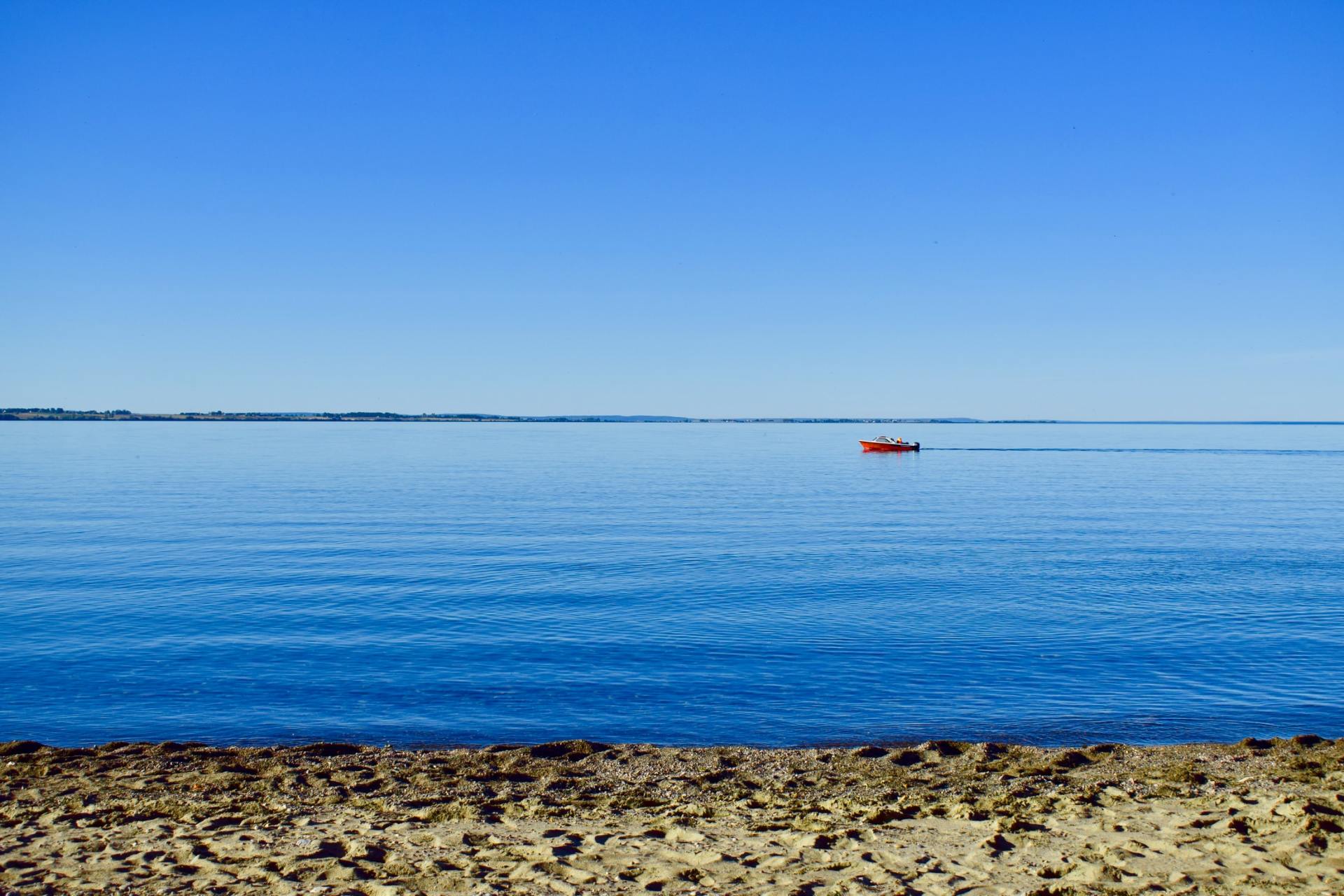
One of Europe's biggest freshwater lakes. VÄTTERN BELOW THE SURFACE (Documentary 2020) Lake Vättern Below the Surface This documentary brings forth new perspective of Swedish water management. This film is an example of how water management can be risking human health and water quality, not only in Sweden but in countries worldwide. The problem is most of the countries in the western world does not have a functioning water management, nor do they have field personnel or fully employed environmental diving inspectors checking the ecosystem below the surface. Eurofins, a major company in Europe testing for different toxins and substances, can today only provide data on approximately 300 substances. From a average sewer plant there can be an outlet of some 10 000 to a 100 000 chemicals. We cannot see chemicals, but we can see the effects when we dive. What we see are dead ecosystems at the bottom of lakes with algal blooms containing toxic cyanobacteria as a result of chemical discharge. These cyanotoxins are today linked with human diseases such as ALS, Alzheimer's and Parkinson, to name a few. The problem is we don't really know how many toxins there are in our drinking water, or in the food we eat. The film Lake Vättern Below the Surface documents this issue. The international community must begin to reevaluate how we are going to solve this problem. After you view this film some things to consider and discuss are the following topics below. These challenges we now see can easily be solved in a first stage. What is needed is to assess the level of toxic discharge there is in national water systems. We need to begin by digitizing all outlets and create an overview map of the difference in toxins found in the water systems. Then an overall plan can be tailormade made for the infrastructure in country and for the local communities. A common sense example is that placing heavy industrial complexes upstream freshwater lakes which are utilized for drinking water is not a good idea. Sweden has already solved the first stage and created a database showing the direction all water flow in the country, meaning the surface water and most of the groundwater. If a lorry with toxic cargo tips over we can follow the contamination downstream in the database and see how it affects the water system. What the country of Swedish has not realized is that we have laid the foundation for a much bigger database. Within this system we have the possibility to register the toxic discharge that is currently approved by the government. We can for example register into the database the estimated 6,000 covered dumping sites currently leaking toxic wastewater, as well as our thousands of sewer plants, industrial outlets, and the dumping locations of munition materials by Armed Forces. This can be done to provide an overview to assess the impact of the chemical outlets to our water systems. The governments have the necessary data to make this happen. This can be an effective tool to control and stop to sensitive ecosystems and keep our citizens and future generations safe. The next two steps involve diving and field personnel to survey the water systems and assess the state of ecosystems below the surface, in each country. Most important is to begin researching the methods for sampling the thousands of chemicals in our water. If we do not stop the dissemination of toxic chemicals today it could take years into the future before we solve what will become an even greater challenge to provide clean water, which is safe to drink. We need to know what our water contains to keep people, animals and the ecosystem out of harm's way. Water security will also be a major challenge for governments worldwide with the challenge of climate change. Green Cross Sweden, together with Green Cross international, are in talks with the water researchers behind this film to create a pilot studies in several countries that can address this issue or water management internationally on an global scale. Together we can change the world towards a sustainable future. - Andreas Vos Board Member, Green Cross Sweden
